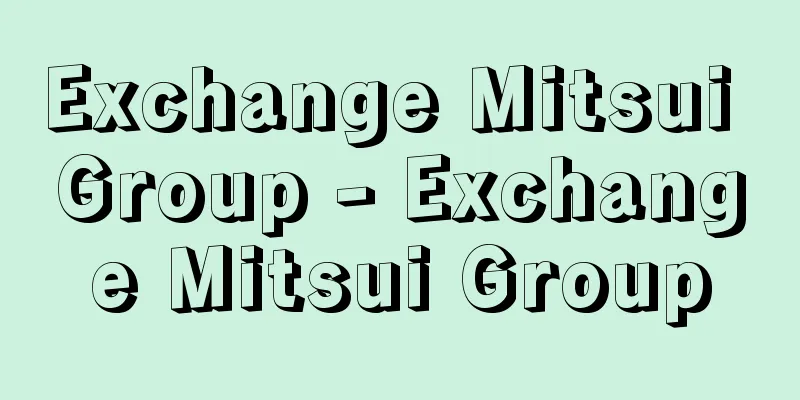Modern English

|
… From the Elizabethan era…Nevertheless, it was the combined energy of the imperial court and the common people that brought about the blossoming of literature in this era. At the same time, it cannot be overlooked that the nascent modern English language, with its rich flexibility and plasticity, was the perfect medium for expressing robust vitality and unrestrained poetic imagination. In terms of thought, the tradition of Christian humanism was still mainstream, but the skeptical ideas that began to appear around the turn of the century cast a large shadow over literature, and the entire era eventually became increasingly cynicism-like. … *Some of the terminology explanations that refer to "Modern English" are listed below. Source | Heibonsha World Encyclopedia 2nd Edition | Information |
|
… 【エリザベス時代】より…それにもかかわらず,この時代の文芸の開花をもたらしたものは宮廷と庶民の合一的エネルギーであった。同時に,柔軟な可塑性に富む揺籃期の近代英語が,たくましい生命力と奔放な詩的想像を表出するのにうってつけの媒体であったことも,見逃すことはできない。思潮的に見れば,キリスト教的ヒューマニズムの伝統が依然主流をなしていたとはいえ,世紀の改まる頃から現れ始めた懐疑思想は,文学のうえにも大きくその影を落とし,やがて時代全体がシニシズムの色を深めていく。… ※「近代英語」について言及している用語解説の一部を掲載しています。 出典|株式会社平凡社世界大百科事典 第2版について | 情報 |
Recommend
Schöffer, Nicolas
Born: September 6, 1912, Karoksa, Austria-Hungary ...
Otori-zukuri
One style of shrine main hall. As seen in the mai...
Inspiration
It is translated as inspiration, inspiration, or ...
Iigiri family - Iigiri
A dicotyledonous, polypetalous plant. An evergree...
Japanology
...The Pacific War made the need for analysis of ...
high jump
…If the foot that is not the one used to take off...
Yoshiyuki Shiba
Year of death: May 7, 17th year of the Oei period ...
Miyagawa-so
A manor in Onyu County, Wakasa Province, also know...
karaburan
…In honor of this wind, the Mediterranean climate...
Vértesszöllös man (English spelling)
A fossil human from the Middle Pleistocene period ...
Public property - Kouyuzaisan
In a broad sense, it means all property owned by ...
Asana (English spelling) āsana
A term in Indian philosophy. A sitting position. O...
Music score - Kyokufu
〘 noun 〙 A score that shows the intonation and hig...
Khurram Din (English spelling)
…Husayn's grandson Zayd was also supported, a...
Schaubühne - Schaubühne (English spelling)
A representative theater company in modern Germany...









